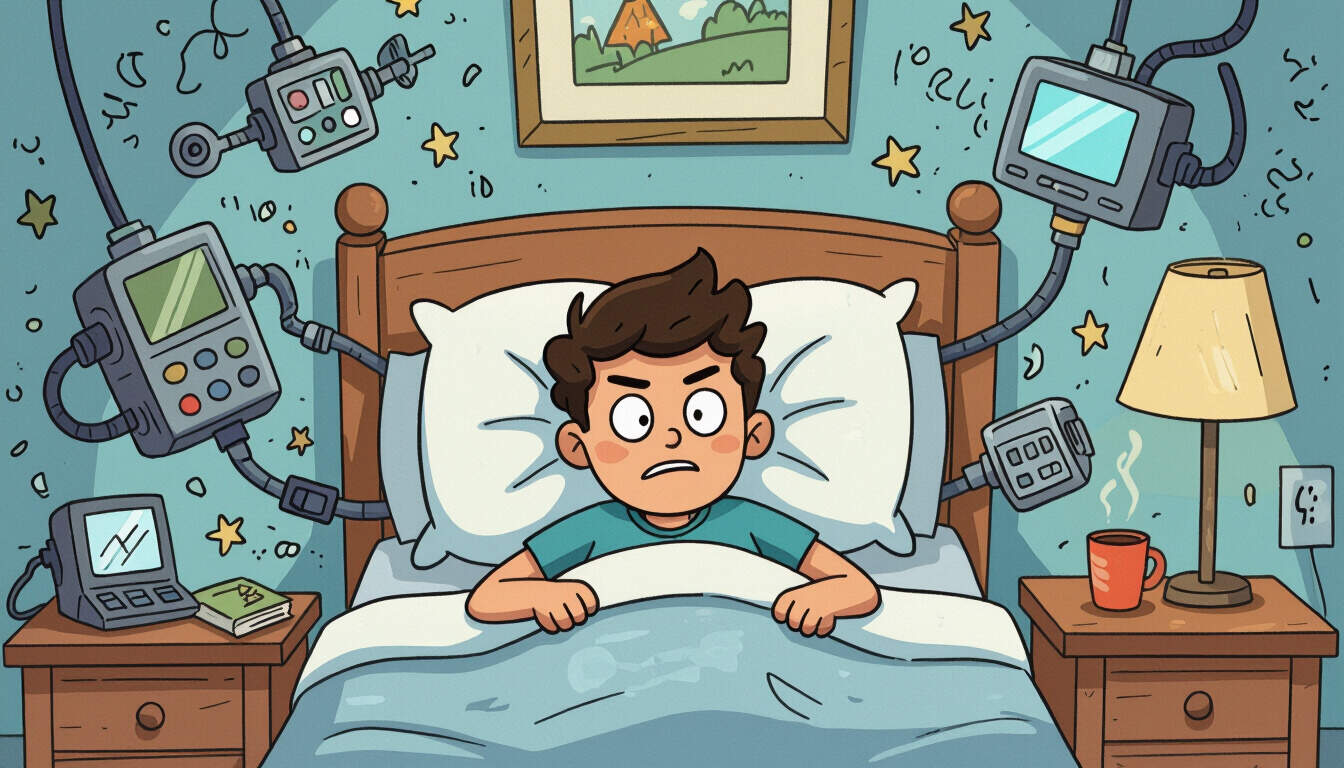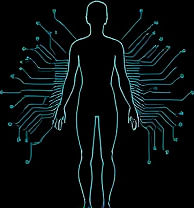Biohacking Techniques for Enhanced Sleep
 by Shanie Goodwin
by Shanie Goodwin
Explore practical biohacking methods to boost sleep quality and health. This guide covers wearable devices, natural aids, and daily routines for better rest and personal growth, making it ideal for tech enthusiasts seeking optimal performance.

Sleep forms the foundation of health optimization, allowing the body to recover and perform at its best. Many individuals overlook its potential for personal enhancement through simple yet effective techniques.
The Basics of Sleep and Biohacking
Good sleep is essential for cognitive function and physical recovery. By integrating biohacking principles, people can fine-tune their routines to achieve deeper rest. For instance, maintaining a consistent schedule helps regulate the body's internal clock, leading to more restorative nights.
One key area is light management. Exposure to natural light during the day supports healthy sleep patterns, while minimizing blue light from screens in the evening promotes melatonin production. This approach can significantly improve overall wellness.
Wearable Technology in Sleep Tracking
Devices like fitness trackers play a vital role in monitoring sleep stages. These tools provide data on duration and quality, empowering users to make informed adjustments. For example, a tracker might reveal patterns of light sleep, prompting changes in bedtime habits.
<Strong>wearable technology offers real-time insights, such as heart rate variability, which correlates with sleep depth. By analyzing this information, individuals can experiment with adjustments like cooler room temperatures or specific bedding to enhance comfort.
Nootropics and Natural Aids for Better Rest
Certain supplements support sleep without the drawbacks of traditional aids. Magnesium, for example, aids relaxation and muscle function, making it a popular choice for evening routines. This mineral helps calm the nervous system, facilitating easier sleep onset.
<Strong>nootropics like ashwagandha can reduce stress levels, indirectly improving sleep quality. Unlike stimulants, these options focus on balance, allowing for sustained energy during waking hours. Incorporating them into a nightly ritual, such as a warm drink, creates a soothing transition to bed.
Daily Routines for Sleep Optimization
Building habits around sleep involves more than just bedtime; it extends to daily activities. Regular exercise, done earlier in the day, promotes better sleep by expending energy and reducing tension. Aim for moderate activities like walking or yoga to avoid overstimulation.
Diet also influences rest. Consuming foods rich in tryptophan, found in items like turkey or nuts, supports serotonin production, which is crucial for sleep regulation. Pairing this with hydration strategies ensures the body functions optimally throughout the night.
Personal Enhancement Through Sleep Hacks
Beyond basics, advanced techniques offer deeper personalization. Biofeedback methods, using apps or devices, teach individuals to control physiological responses like breathing rates, leading to faster sleep induction. This practice fosters a sense of control over one's health.
Combining these hacks with mindfulness exercises can amplify results. Spending a few minutes in quiet reflection before bed clears the mind, reducing intrusive thoughts that disrupt rest. Over time, this leads to noticeable improvements in focus and energy levels.
Measuring Progress and Adjustments
Tracking progress is key to refining sleep strategies. Journals or apps allow users to log changes and observe outcomes, creating a feedback loop for continuous improvement. For those interested in data-driven approaches, integrating multiple tools provides a comprehensive view.
Adjustments might include varying supplement doses or tweaking environmental factors, ensuring the routine evolves with personal needs. This iterative process highlights the adaptability of health optimization through biohacking.
Challenges and Solutions
While implementing changes, some may encounter initial difficulties, such as adapting to new schedules. Patience is important, as the body requires time to adjust. Simple solutions, like gradual shifts in bedtime, can ease the transition and sustain motivation.
Community support, through online forums or groups, offers encouragement and shared experiences, reinforcing the value of these techniques. Engaging with like-minded individuals keeps the process inspiring and accountable.
In summary, adopting these sleep-focused biohacking methods can transform rest into a powerful tool for personal enhancement. By prioritizing quality sleep, individuals unlock greater vitality and cognitive sharpness, paving the way for sustained well-being.
